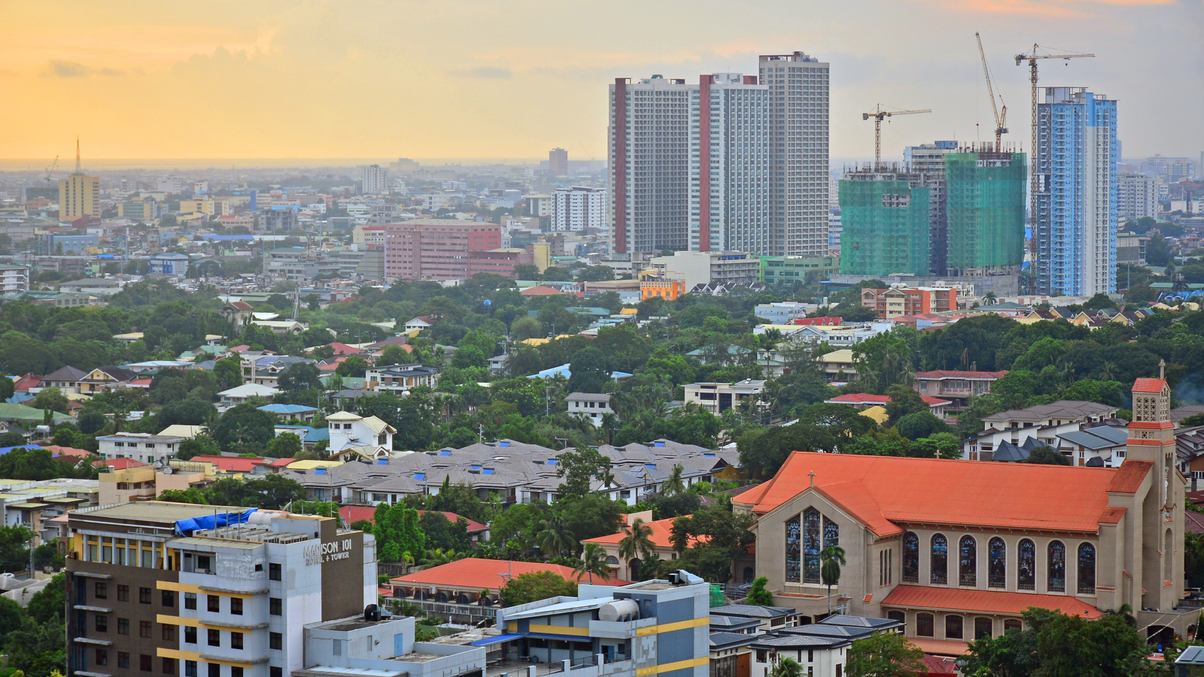Philippines’ SSS eyes more mandates, hires
The state-run Social Security System is hoping amendments to its charter will help it expand its investing universe even as it seeks to improve its in-house investment capabilities.

The Philippines’s state-run Social Security System (SSS) plans to issue external investment mandates over the next 12 to 24 months but also wants to improve its in-house investment capabilities.
Sign in to read on!
Registered users get 2 free articles in 30 days.
Subscribers have full unlimited access to AsianInvestor
Not signed up? New users get 2 free articles per month, plus a 7-day unlimited free trial.
¬ Haymarket Media Limited. All rights reserved.


